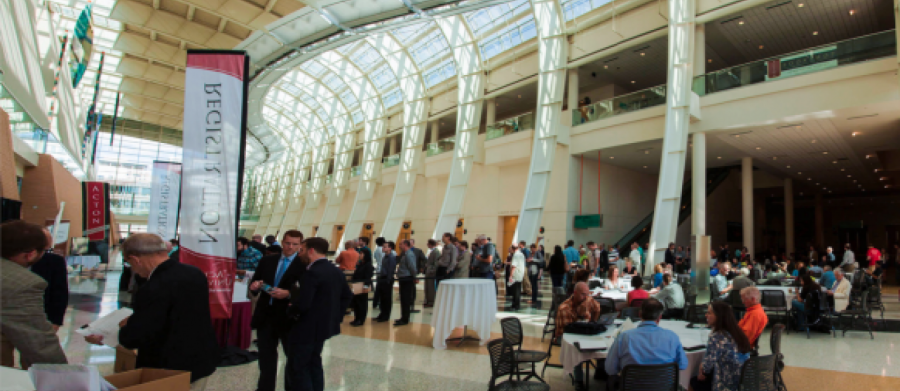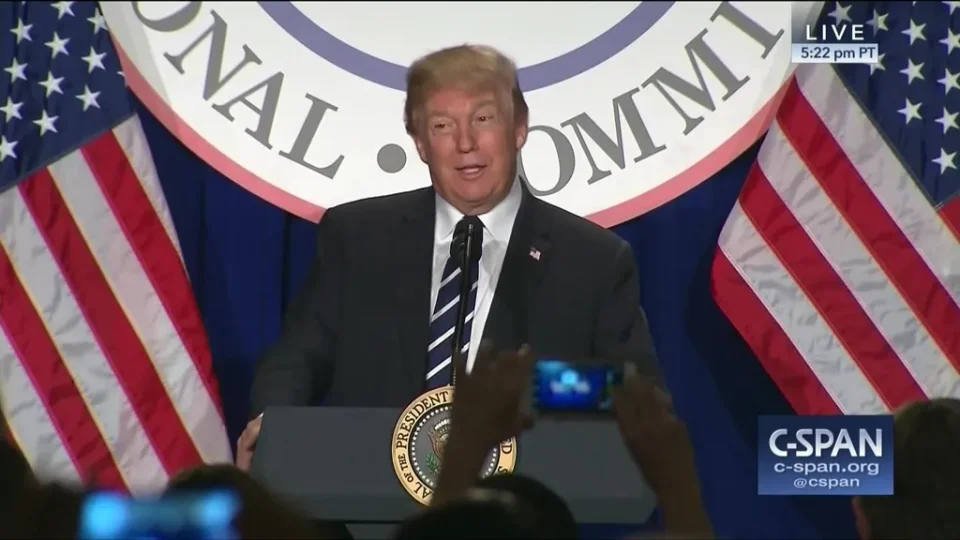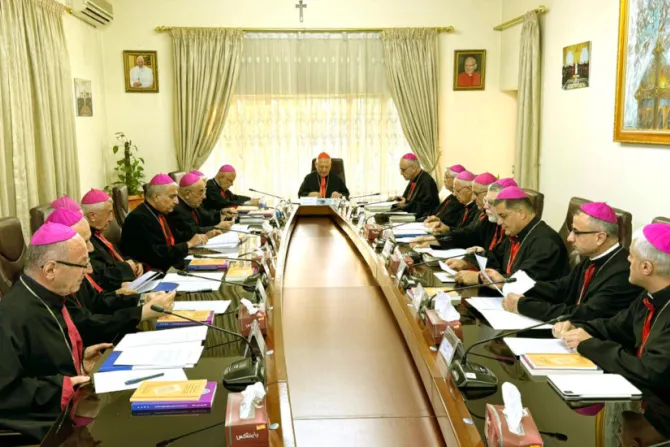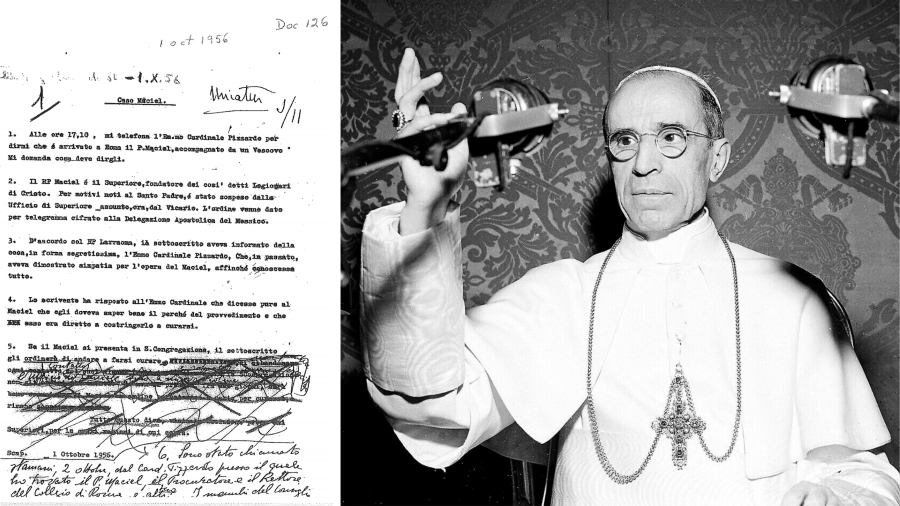Acton University: A School of Human Dignity and Freedom

The Party of the Poor?
June 22, 2017
When A Free Press Opposes Free Speech
June 22, 2017
 By John Zmirak is a Senior Editor of The Stream, June 22, 2017 – Today I’m attending my favorite event each year, Acton University. It seems like a curious hybrid creature: It has high-level lectures but not for credit. The group is non-sectarian. But its ethos and membership are overwhelmingly Christian. It’s devoted to civic and economic freedom. Still, you wouldn’t call it libertarian. Not if you’d ever spent 20 minutes talking to self-styled libertarians. The group is named for a British Victorian Catholic who bucked the trend of his day — an “illiberal Catholicism” that made common cause with authoritarian governments.
By John Zmirak is a Senior Editor of The Stream, June 22, 2017 – Today I’m attending my favorite event each year, Acton University. It seems like a curious hybrid creature: It has high-level lectures but not for credit. The group is non-sectarian. But its ethos and membership are overwhelmingly Christian. It’s devoted to civic and economic freedom. Still, you wouldn’t call it libertarian. Not if you’d ever spent 20 minutes talking to self-styled libertarians. The group is named for a British Victorian Catholic who bucked the trend of his day — an “illiberal Catholicism” that made common cause with authoritarian governments.
For Lord Acton and for the Acton Institute today, the future of faith rests on the basis of human freedom. Likewise the fate of virtue, which can’t be jammed down our throats. Indeed, if we can take just one lesson from the disastrous 20th century, it is that an all-powerful state can’t change human nature. It can injure it, cripple it, blight it at the root. Communism was a vast, billion-man, hundred-year social experiment to test the question: Can we cure mankind of selfishness, if we batter men hard enough? Does the state have the right to try?
The answer is clearly no. The peoples of Eastern Europe, beginning in Poland, shouted that “No!” to the heavens. Today people say it in whispers, in the hunted house churches of China. And Cuba. And North Korea.
Anti-Socialism Is Not Enough
You could hear that same message at many conferences. Straight-up libertarians have done yeoman’s work exposing communism, and its smarmy, insidious sister, socialism. But you will hear more than that at Acton.
You will meet priests from Africa. They are helping the people in their villages get licenses for businesses, despite crippling corruption in their governments. You’ll hear from activists working in Latin America. They’re helping hard-working farmers and craftsmen protect their property rights — in systems designed to benefit super-rich owners of vast plantations. You’ll talk to pro-life activists from Eastern Europe. They work on a shoestring to fight off the United Nations and George Soros’ pro-abortion and pro-Islamist front groups.
If we can take just one lesson from the disastrous 20th century, it is that the state really can’t improve human nature by force. All it can do is injure it, cripple it, blight it at the root.
So is what makes Acton different that it is kind of a mish-mash? An awkward compromise between happy, optimistic capitalism, and leftover Christian moralism? That’s how it might look to some libertarians — especially those who focus on fostering lifestyle libertinism. You know, the kind of person who is outraged that the federal government interferes with the marijuana industry. But he doesn’t care that Christian businessmen are being persecuted for living out their consciences on marriage.
The Medieval Roots of Freedom
No, the worldview I encounter at the Acton Institute, through its speakers and authors, is something older, richer, and deeper than the testy-nerd adolescent rebelliousness that Gary Johnson embodied. It’s at once cold-eyed and hopeful. Cold-eyed because it is based on the old, Augustinian insight that man is fallen. And not just a little. He doesn’t need tweaking but saving.
Neither mass education nor technological upgrades, neither social reforms nor even totalitarian systems will serve to right our crooked timber. Nor can religious paternalism, imposed upon us from outside, really do much to change us. The crimes of ISIS make that truth abundantly clear: These fanatics who will behead men for sins against chastity use religious loopholes to run a sex-trafficking ring.
Each human soul must encounter grace, transmitted through fellow sinners via churches, and choose how to respond to it in the quiet of one’s heart. That happens in big and little ways, every minute of every day. Laws, social pressures, and popular culture can shove us in one direction, of course — usually the wrong one.
The Still Small Voice that Drowns Out the Loudspeakers
But we know from the stories of the persecuted church that some corner of freedom remains. From the Maccabees choosing death over pagan worship in ancient Israel, to Copts cleaving to Christ in the face of ISIS, man is fallen but he is free. What sets him free is the Spirit that eludes the censors, subverts the propaganda ministries, debunks the pseudoscientists and social engineers.
Isn’t it funny that the same people who would tear down our churches and dissolve our families in the name of sexual “freedom” eagerly hedge our every choice outside the bedroom with the barbed wire of coercion? They don’t think we’re free. They don’t believe we have dignity. So they want to keep us cheerful, as we stumble toward oblivion. Their model of society is a clean and orderly pet rescue, from the free spaying and neutering all the way to low-cost euthanasia.
Human freedom rests on human dignity. And that rests on a freely-chosen adherence to high moral principles. Those beliefs formed the only context where freedom as we now know it emerged in the world: The Christian context of Britain, Switzerland, and a few other countries. That freedom made massive economic and technological growth possible. We’re grateful for those, of course. We will fight hard against anyone who tries to take them away. That includes environmental paternalists and socialists in the churches. But prosperity and growth are only the fruit. That vision of man as fallen, but responsible and free, is the root, the stalk, and the seed.
_____________________________




